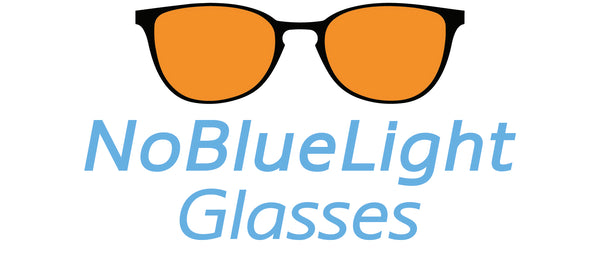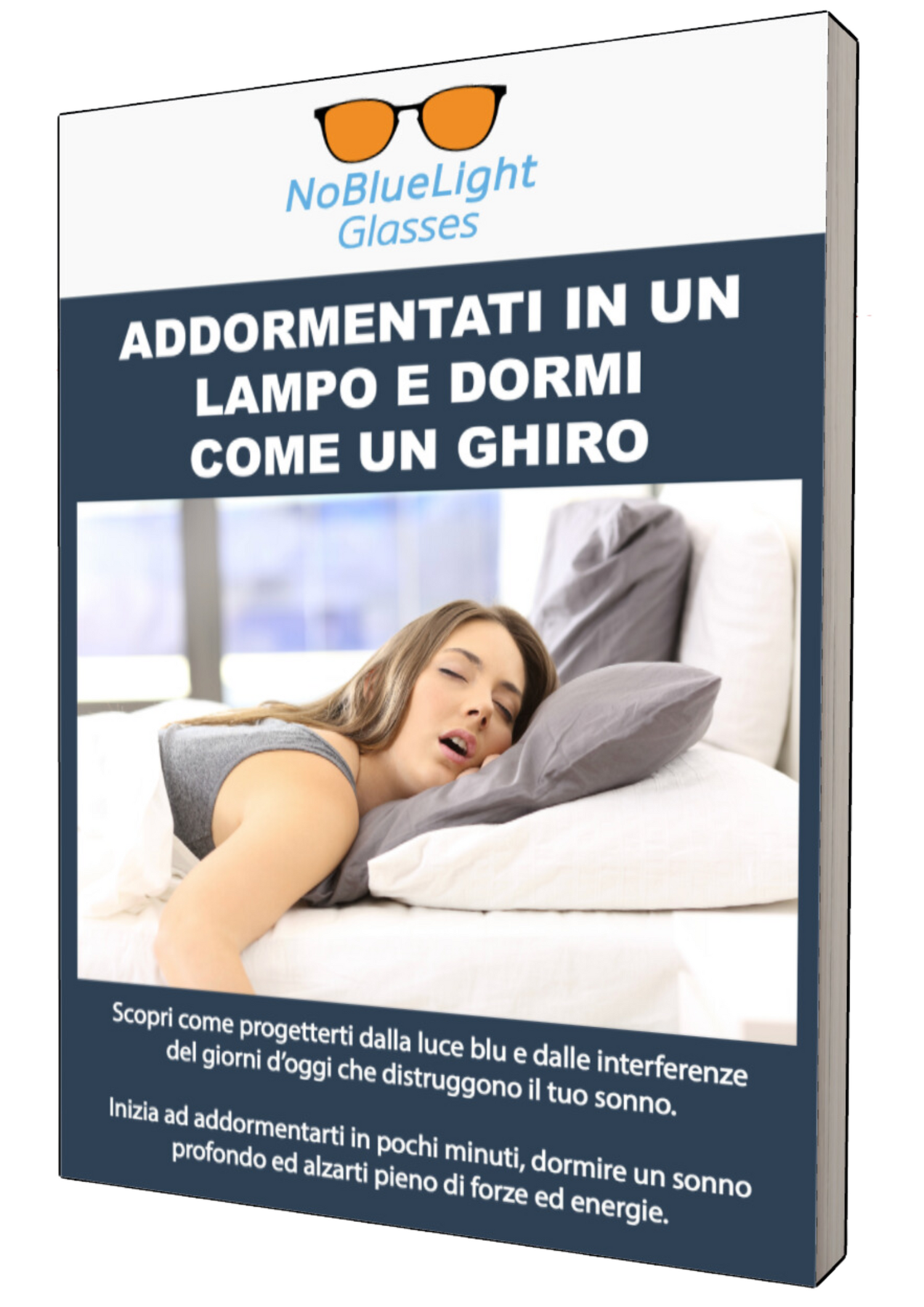
Social media and blue light: how evening scrolling influences our sleep
Share
You're on the couch.
Your smartphone vibrates.
A notification from Instagram, WhatsApp, Facebook…
It's 11:30 PM and you're scrolling through your feed… Has this ever happened to you?
Second this study published on Famemass, the average user spends over two and a half hours a day on social media, with usage peaking in the evening hours.
Some studies say that in reality this time is longer for many users.
The reality is that nowadays the smartphone has become a true ally of sociality.
Thanks to this we can video call, write and hear from people we love every evening.

The partner who is far away, our parents or our children.
The smartphone allows us to stay in touch with whoever we want on a daily basis.
But there is an invisible problem that affects us when we use our cell phones in the evening.
A seemingly harmless enemy, but one that can have serious consequences on our well-being, particularly on our sleep.
What is it about?
Of the blue light.
The Blue Light of Social Media: An Invisible Enemy

When we use our cell phones in the evening, our eyes are exposed to large amounts of blue light.
But what exactly happens to our body during this exposure?
The blue light emitted by digital devices interferes with the production of melatonin, the sleep hormone responsible for helping us sleep well.
Our bodies are programmed to produce melatonin when the sun sets and blue light decreases.
The problem?
Light nowadays is present until the last minute before going to sleep.
The domino effect on the day

When blue light disrupts your body’s natural melatonin cycle, it doesn’t just make it harder to fall asleep.
A real domino effect is triggered that influences the entire following day.
During the evening, blue light keeps the brain in a constant state of alert, making it more difficult to fall asleep.
The quality of sleep is significantly affected, as demonstrated by a search published in PNAS, which highlighted how the use of digital devices before sleep can reduce the duration of REM sleep.
Poor quality sleep will have negative consequences on the next day.

Sleep is the process by which our body regenerates, and sleeping badly brings many negative effects.
Second a study Harvard Medical School, sleep disturbed by blue light leads to a significant decrease in cognitive performance.
People who were exposed to blue light in the evening hours showed slower reaction times, poorer concentration, and lower levels of creativity the following day.
We will also have less energy and may feel lazy and unwilling to do anything.
Reaction times become longer and short-term memory suffers.
We may also have more difficulty falling asleep and remembering things.
The body's signals

Our bodies send us clear signals when exposure to blue light is affecting our sleep.
Many people experience difficulty falling asleep after using social media, wake up still feeling tired despite eight hours of sleep, or struggle to concentrate throughout the day.
Other times, blue light causes headaches during the day.
These are not symptoms to be underestimated: they represent the concrete impact of blue light on our body.
The solution: protection and prevention
The good news is that there is a simple and effective solution to avoid these effects: blocking blue light.
Sleep problems have been on the rise in recent years.
Maybe it's just a coincidence, but in recent years we've been exposed to more and more blue light.
The screens of our devices such as smartphones are increasingly larger, and we spend more and more time in front of them every day.
Even home lights have been LED for a few years now.

In 2018, the European Union banned old halogen light bulbs, making them illegal for energy saving reasons.
The paradox?
LED bulbs consume less electricity, but they consume ours in return.
By lighting our homes with LED bulbs or strips we will have lower levels of melatonin, which will make us sleep a lighter and less regenerating sleep.
This is why it has become necessary to block blue light.
As?
Wearing glasses with a blue light filter.


